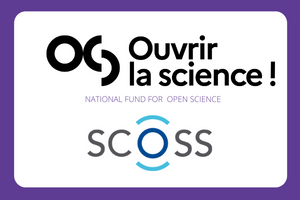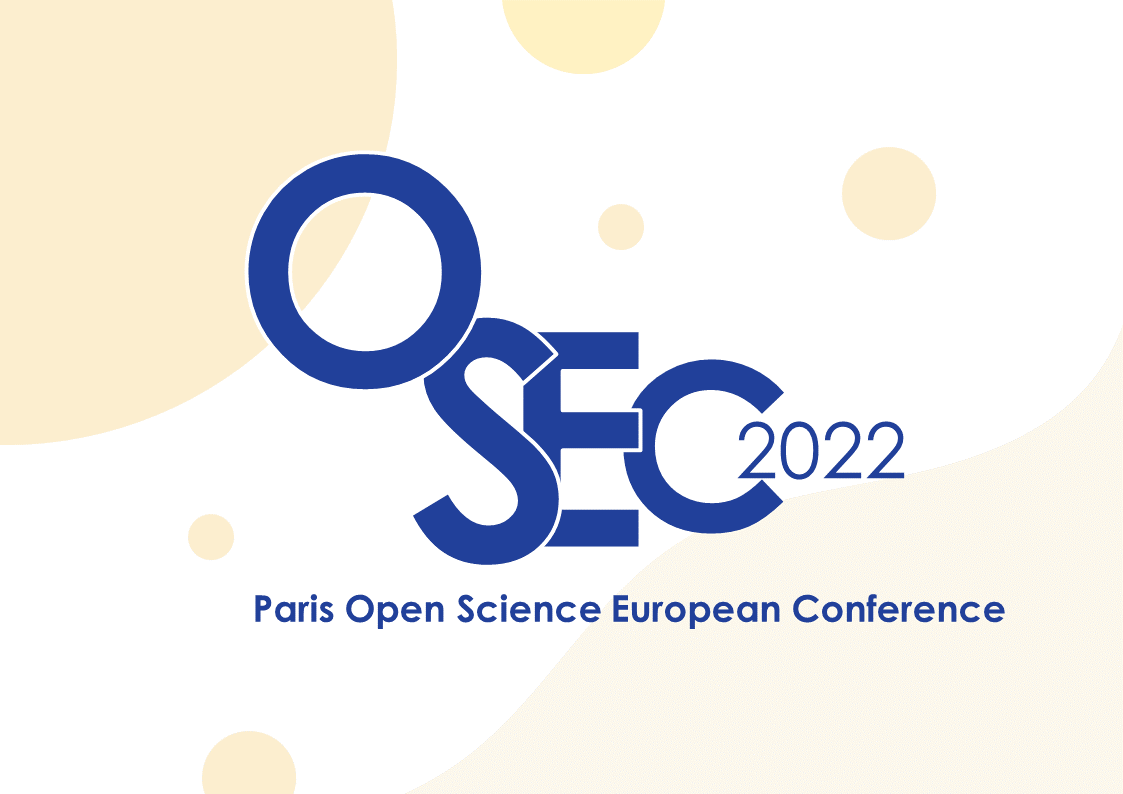The French National Fund for Open Science is continuing to support international open science infrastructures
The French National Fund for Open Science (FNSO) is providing financial support for three international infrastructures chosen by SCOSS – The Global Sustainability Coalition for Open Science Services – in the framework of its funding campaigns. Following on from the support given in 2020, France is thus renewing its commitment to sustainable international infrastructures for open science.
The three infrastructures receiving support (arXiv, Redalyc/AmeliCA and the DOAJ) were evaluated by the SCOSS jury in the light of the Committee for Open Science’s exemplarity criteria which particularly guarantee transparency and scientific communities’ participation in their own governance. The FNSO also took into account the chosen infrastructures’ French dimension and their convergence with the National Plan for Open Science’s strategic orientations. The overall financial support amounts to €210,000, with €70,000 for each infrastructure.
arXiv was selected in the third SCOSS funding campaign. It is a server for pre-publications which hosts over 2 million articles in 8 scientific fields. It is funded by Cornell University, the Simons Foundation, member institutions and donors. SCOSS’s funding will be used to rewrite the site’s code and develop partnerships. “We are delighted that the French higher education and research community values arXiv as an open access service essential to researchers, and we welcome them as arXiv members,” said Dr. Ralph Wijers, professor of high-energy astrophysics at the University of Amsterdam and chair of arXiv’s Scientific Advisory Board.
Redalyc was also selected in the third SCOSS funding campaign. It is a platform which hosts open access journals that was created in 2003. It is supported by the Autonomous University of the State of Mexico (UAEM). With the CLASCO, Redalyc also co-leads AmeliCA, a UNESCO-supported multi-institutional community initiative which aims to achieve more equitable and sustainable non-commercial scholarly communication through respect for bibliodiversity and multilingualism. “The funding support from the French National Fund for Open Science to Redalyc and AmeliCA, through the SCOSS third funding cycle, will be extremely helpful for the strengthening of the technical infrastructure of servers, that currently hosts a collection of 1470 Diamond Open Access journals from 31 countries with almost 1 million full-text articles available. It will help Redalyc and AmeliCA to keep up with the increasing global demand of capacity building services for Diamond OA journals, which include XML JATS markup, interoperability and discoverability. Besides, it will have a huge impact on the efficiency of the information retrieval services for end users, that include researchers, students, scientists, professionals and non-academic users, ” said Arianna Becerril-García, Professor at Autonomous University of the State of Mexico and Redalyc Executive Director.
The DOAJ (Directory of Open Access Journals) was selected in the first SCOSS funding round and is a directory of open access journals listing nearly 17,500 titles in all fields of research. It was set up in 2003 and is managed by Infrastructure Services for Open Access C.I.C. (IS4OA) which is funded entirely by voluntary donations from its supporters. The DOAJ’s mission is to increase the visibility, accessibility, reputation, use and impact of quality peer-reviewed open access scientific research journals all over the world whatever their discipline, country of origin and language. “I am delighted by the decision of the National Fund for Open Science to support DOAJ,” said Joanna Ball, DOAJ Managing Director. “NFOS’s commitment to the development and sustainability of global open access will help ensure that DOAJ can continue its valuable mission to make quality scientific research available to all and shape the future of diverse scholarly publishing around the world.”
The French National Fund for Open Science is the financial instrument of the National Plan for Open Science. It is financed through contributions from the Ministry of Higher Education, Research and Innovation and from French universities and research performing organisations.





